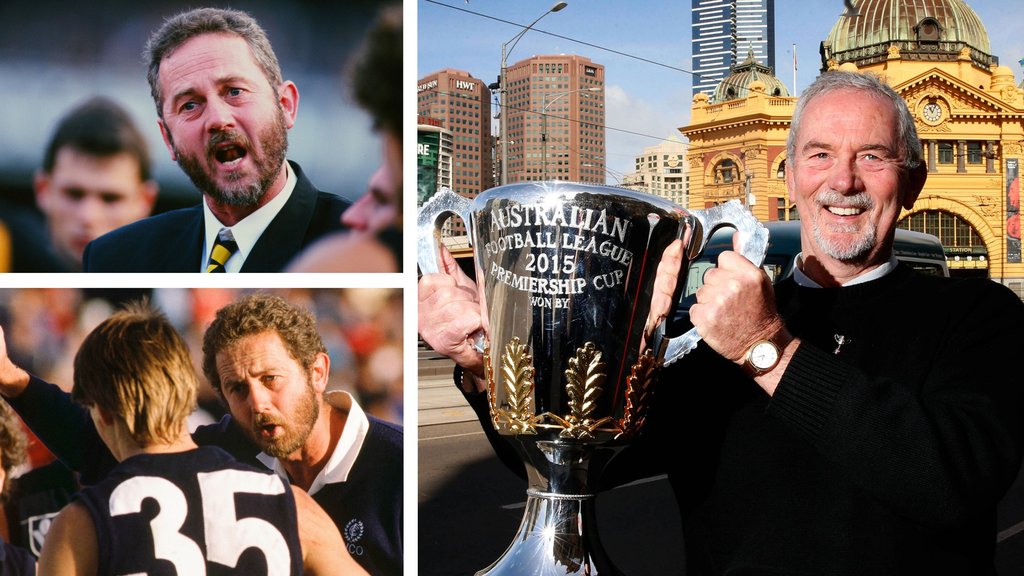Introduction
Australian football is mourning the loss of one of its most iconic figures. Robert Walls, a Carlton Football Club legend and influential presence in the Australian Football League (AFL), has died at the age of 74. After battling acute lymphoblastic leukemia, a rare and aggressive blood cancer, Walls chose to end his life through Victoria’s voluntary assisted dying laws, surrounded by loved ones and overlooking the Melbourne Cricket Ground—one of the sport’s most sacred sites.
A Legacy on and off the Field

Robert Walls’ AFL journey was nothing short of remarkable. He played over 200 matches for Carlton FC, securing premiership wins in 1968, 1970, and 1972. You can explore his career highlights on the official AFL website. Transitioning into coaching, he led Carlton to another premiership in 1987 and later managed the Brisbane Lions and Richmond Tigers. Following his retirement in 1997, he became a respected AFL commentator and media figure.
In total, Walls dedicated over five decades to the game—14 years as a player, 16 as a coach, and 25 in commentary. His deep connection with the sport and the community earned him a lasting place in AFL history.
His Final Choice: Dignity and Autonomy
Diagnosed in 2023, Walls endured more than 250 hospital nights during his battle with leukemia. According to his family, he chose to end that battle “his way,” under Victoria’s voluntary assisted dying framework. For more on the medical side of his illness.
Tributes from Across the AFL Community
Carlton Football Club honored Walls in a post on X (formerly Twitter), calling him “one of our game’s great servants.” Players, fans, and former colleagues echoed these sentiments, sharing memories and celebrating his immense contributions to Australian football.
Personal Life and Family

Robert Walls was predeceased by his wife Erin, who passed away from cancer in 2006. He is survived by his three children and his partner, Julie. He died in his apartment, peacefully and on his own terms, with a view of the Melbourne Cricket Ground—an enduring symbol of his life’s work.
Conclusion
Robert Walls’ life was defined by dedication, resilience, and passion for Australian football. His final act—choosing voluntary assisted dying—was a reflection of his enduring sense of control and dignity. As tributes continue to pour in, his legacy as a player, coach, commentator, and compassionate human being remains an inspiration to many.
To learn more about end-of-life legislation in Australia, read our detailed overview of Voluntary Assisted Dying in Victoria.